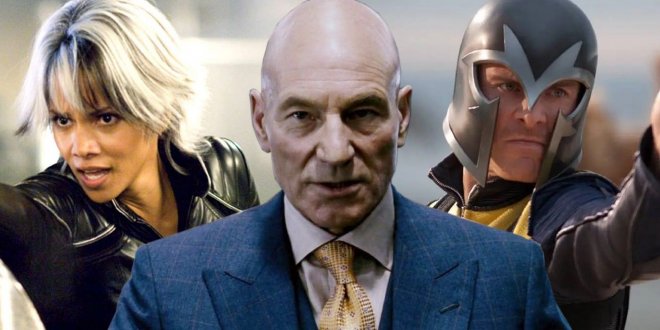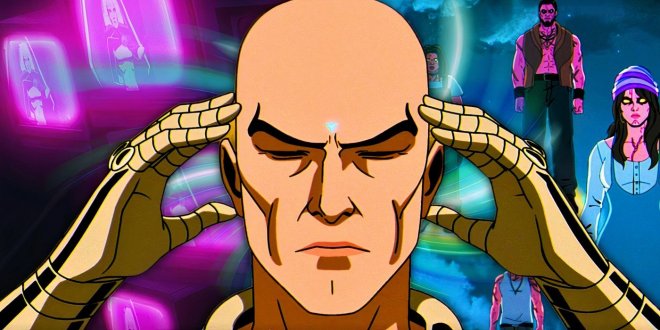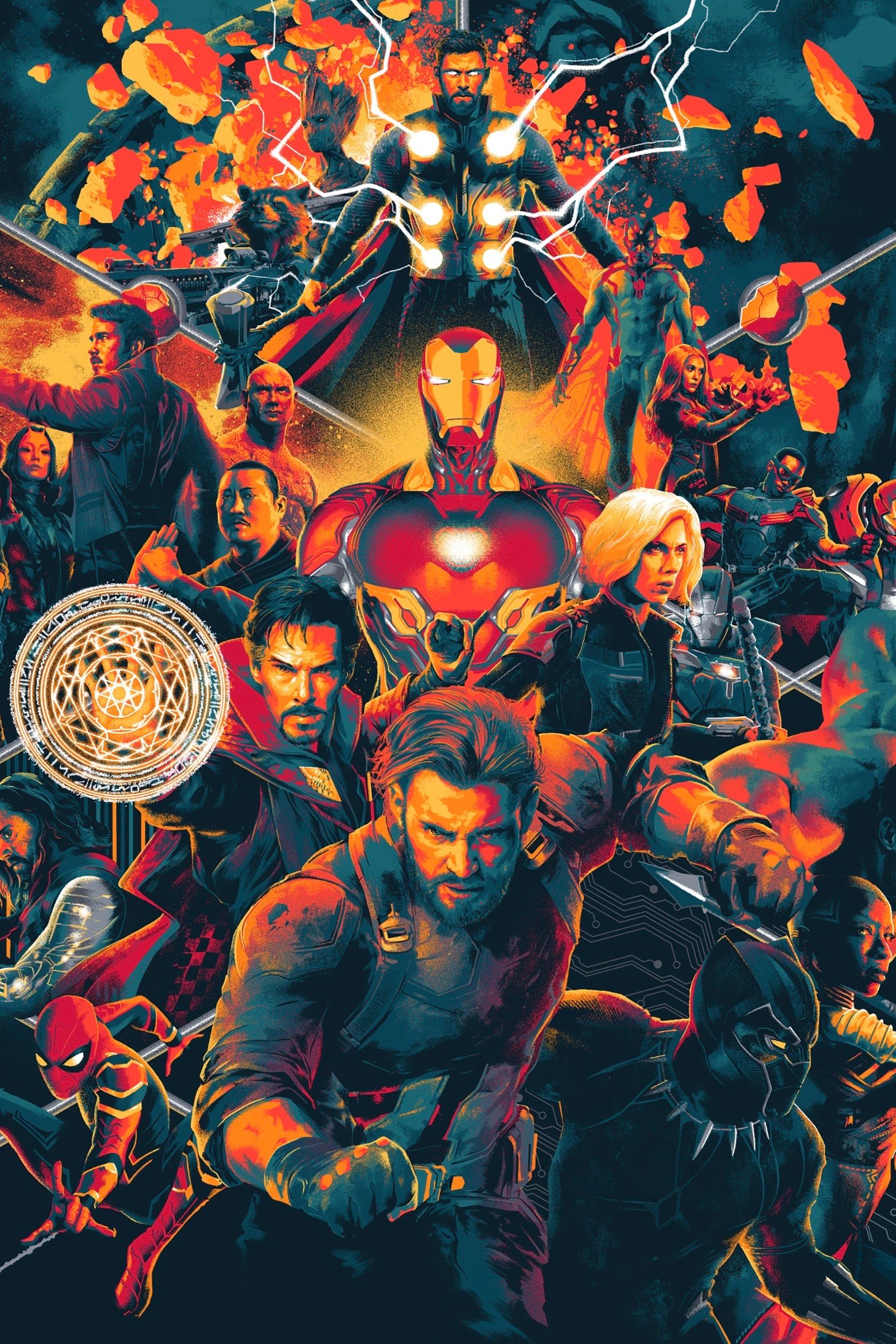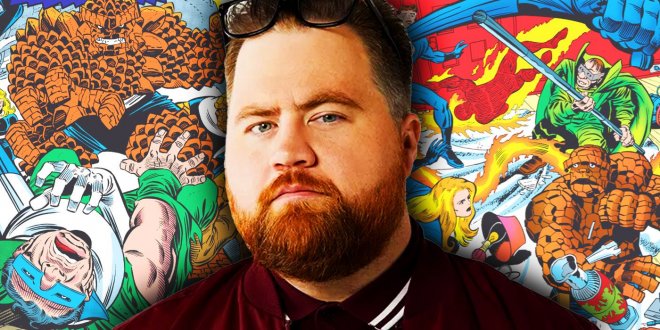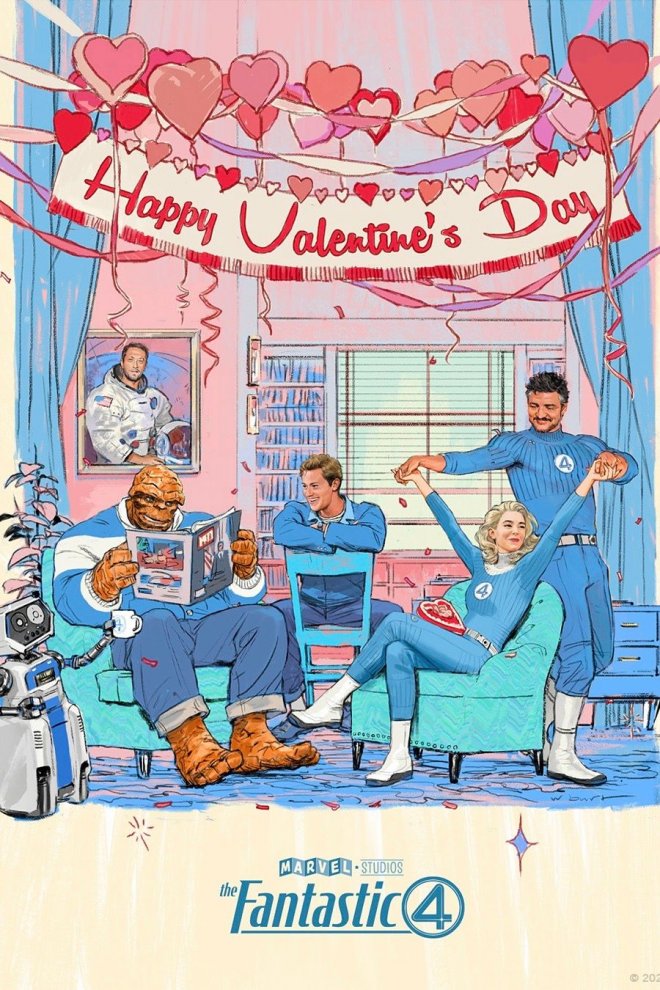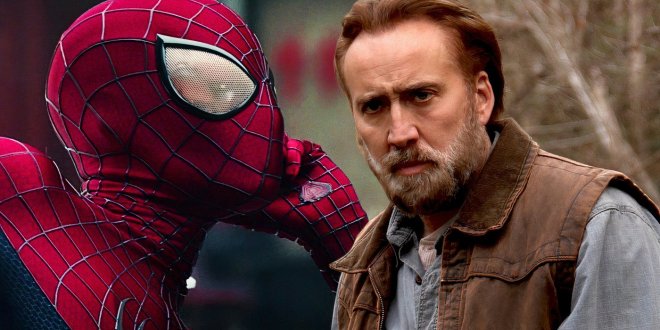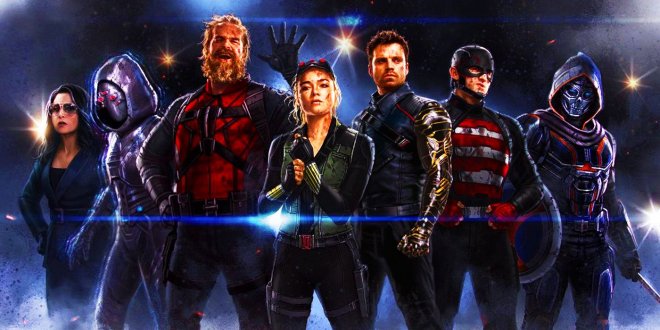X-Men "97 Episode 8 Ending Explained
Warning: This article contains SPOILERS for X-Men '97 episode 8Summary
- Val Cooper freed Magneto as a direct defiance against Bastion's plan for mutant domination.
- Magneto unleashed an attack on Earth, wiping out Prime Sentinels and humanity's infrastructure.
- X-Men '97 episode 8 sets up a world-changing battle between mutants and humanity, fueled by Magneto's actions.
X-Men '97 creator Beau DeMayo promised that the Genosha tragedy was just the start of things, and if Magneto's actions at the end of X-Men '97 episode 8 reach their expected conclusion, everything could change. Following on from Bastion's attack on Genosha, X-Men '97 episode 8 further explores the idea of collective trauma - a key part of how the revived show has changed from X-Men: The Animated Series. Unafraid to reflect openly on how we reconcile harrowing events like 9/11, the episode is a further reminder of just how much the show has grown up since its debut 30 years ago.
 Related Every Character In The MCU's X-Men '97 X-Men "97 brings back a selection of iconic animated heroes, all while introduces a wide roster of new characters to the beloved Marvel series.
Related Every Character In The MCU's X-Men '97 X-Men "97 brings back a selection of iconic animated heroes, all while introduces a wide roster of new characters to the beloved Marvel series.X-Men '97 Episode 8 Key Story Takeaways Close So what happens in X-Men '97 episode 8? Considering this is only the first part of a three-part finale, there's a lot packed into the episode, from wider Marvel universe cameos to the foreshadowing of a major war.
- Bastion unleashed an army of Prime Sentinels, weaponizing human volunteers against the "mutant threat".
- Cable revealed that he was unable to stop Genosha because it was an "absolute point in time".
- Bastion's future created a Utopia, but one in which mutants were slaves to humanity, perversely realizing Xavier's dream.
- Val Cooper was working with Bastion, but turns on him when his plan is revealed.
- Cooper frees Magneto, who unleashes his powers over the Earth, wiping out the Prime Sentinels but putting humanity back to the Dark Ages.
- Charles Xavier returns to Earth, reuniting with the X-Men, and sets up a confrontation with Magneto.
Bastion's fear, which he weaponized to radicalize willing humans to volunteer as his Prime Sentinel test subjects, underlined the mutant threat to humans. In his future, mutants replaced humans, first by taking their jobs and then with a population growth that made them the dominant species on Earth. In the present, Charles Xavier's message of tolerance and dream of co-existence led to humanity's downfall and effective eradication.
Human/Sentinel hybrid Bastion is voiced by Theo James in X-Men '97. Having recently starred in White Lotus and The Gentlemen on Netflix, James brings a terrifying calm demeanor to his X-Men villain, removing emotion in a way that makes his message of annihilation all the more potent.
X-Men '97 Perfectly Plays Into Modern Extinction Fears It would be wrong, at this point, to ignore the fact that X-Men '97 once more follows the Marvel mutants' trend of reflecting real world issues. Early episodes obviously drew an irresistible parallel to the events of the January 6th insurrection, and Bastion's extinction plan echos modern fears about the rise of AI. X-Men '97's writing team cleverly drew a parallel between mutantkind's superior skills and the advancement of AI, anchoring it to the eradication of jobs in the name of greater efficiency.
As concerns over unregulated technological advancement continue to enter our own news cycle, Bastion's entire plan is based on the idea of disenchanted working class people forced out of jobs and turning to extremism online. It's obviously an extreme analogy, but that's always been the way with X-Men stories, and it's a successful analogy. Bastion's future, after all, paints the image of a Utopia where humans retain their agency and their supremacy, while the thing they feared would replace them is forced into regulated subjugation.
Why Magneto Was Right Close By the end of the episode, the most important message is "Magneto was right", an echo of the title itself. Magneto has long preached the idea that co-existence with humans is impossible. Though twisted by years of extremist dogma and periodic flashes of ultra-violence, Magneto's views were always based on the same fear that Bastion weaponizes: that humans will not tolerate mutants because of their own extinction anxiety. Bastion's monstrous acts of tolerance prove that Magneto was always right.
Way back in X-Men: The Animated Series episode "Enter Magneto", Storm challenged the iconic villain on his extreme measures to solve the "mutant problem", and his response perfectly sets up his actions at the end of X-Men '97 episode 8:
Magneto: I had hoped Xavier would have realized that his childish quest for peaceful coexistence with humans is hopeless."Tolerance is Extinction" reveals that Magneto's fears of "living on our knees" wasn't just a twisted view of a possible future shaped by hatred, but the very real future for mutantkind. Bastion's Utopia is exactly what Erick feared would happen, and he was, tragically, right all along.
Storm: I suppose that a civil war is your answer?
Magneto: Better that we die on our feet than live on our knees!
X-Men '97 episode 8 repeatedly lingers on shots of Magneto's tattoo - a stark reminder of his past as a Holocaust survivor - to underline its central message. As Val Cooper's decision to free him outright states, there should be more outrage at the atrocities that punctuate human existence rather than apathetic tolerance of them. The permanent branding of Magneto is brought back as a symbol of that outrage, and a sort of call to arms not to allow such events to be accepted and forgotten as quickly as they happen.
What Magneto Did To The Earth At The End Of X-Men '97 Episode 8 Close So far in X-Men '97, Magneto's powers have been severely underplayed: after Xavier's "death", the Master of Magnetism had become an apparently more moderate figure, taking on the role of teacher and leader to the X-Men. In battle, he was defeated by the Wild Sentinel in Genosha, despite being an Omega-level mutant, and it's difficult not to imagine that his powers were somewhat blunted by his moderate stance. Now, however, the gloves are off. Along with all the rest of his clothes, for reasons possibly only known to Bastion.
Freed from Bastion's captivity, Magneto took matters into his own hands, unleashing a massive electro-magnetic pulse over the Earth, which destroyed the Prime Sentinels, but also took out essentially all of humanity's infrastructure. Despite Charles Xavier's late arrival and hope that he "isn't too late", Magneto's actions will lead to a war between humanity and mutants that will play out across the final two episodes of the season. His final word of "enough" was a loaded choice, and one that reflects X-Men '97's wider exploration of collective trauma.
This was essentially Magneto's Doctorr Manhattan moment: his actions perhaps reflect an extreme standpoint, but one that he believes is for the good of humanity. Just as Doctor Manhattan kills Rorschach and refuses to stop Ozymandias' plan in Watchmen, Magneto takes an extreme position to save humanity from a darker future. In both cases, the likely human casualties may be catastrophic, but they are tolerated in service of something better.
Why Val Cooper Freed Magneto Close X-Men '97 Episode 8 reveals that Val Cooper and the UN were actually working with Bastion and Mister Sinister, confirming Magneto's oldest fears that human and mutant coexistence was always impossible because of human nature. Faced with the realization of Charles Xavier's dream of coexistence, the UN leader took drastic measures, allying with the Sentinel villain, and leaking Xavier's survival to the press. Cooper clearly believed that humans would turn on the X-Men for their lie about Xavier's death.
When the truth of Bastion's plan to use human pawns as Prime Sentinels came to light, and Cooper was faced with the magnitude of her betrayal of mutantkind, she had an attack of conscience. Her monologue to Bastion about how massive events of trauma perversely become everyday occurrences underlined the intriguing idea that Magneto was right, and that a belief in peaceful coexistence is impossible as long as humanity remains the same.
Val freed Magneto as a profound act of defiance, not just against Bastion's plans for mutant domination, but as a strike back against the human condition. She revealed in those moments that Charles Xavier's belief in the essential goodness of humankind has always been misplaced, and that it takes men of action like Magneto to turn the tide. The reality, of course, is that Magneto's stance is too extreme, but the intriguing thing - like the years-old "Thanos was right" debate, is that X-Men '97 challenges the viewer to explore those dark ideas.
Charles Xavier Is Back & War Is Coming
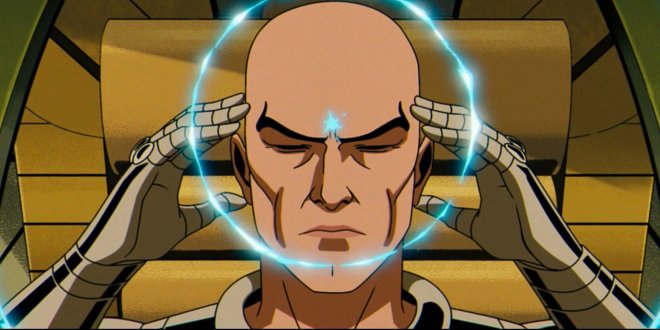 There are obviously still two more episodes of "Tolerance is Extinction" to come, but we can already have a fairly good idea of what will happen next. Charles Xavier returns to Earth at the very end of the episode, setting up a confrontation with Magneto that can surely only end one way. Magneto's attack on Earth flips the entire meaning of the title to make humanity's tolerance of mutants an acceptance of extinction, and they will fight back.
There are obviously still two more episodes of "Tolerance is Extinction" to come, but we can already have a fairly good idea of what will happen next. Charles Xavier returns to Earth at the very end of the episode, setting up a confrontation with Magneto that can surely only end one way. Magneto's attack on Earth flips the entire meaning of the title to make humanity's tolerance of mutants an acceptance of extinction, and they will fight back. It's interesting that the montage showing Magneto's impact on Earth also shows other superpowered characters - Spider-Man, Silver Samurai and Omega Red - and that Captain America has already appeared once to set up conflict between exteme mutant methods and more moderate superheroism. That could point towards the involvement of the Avengers (and others) on humanity's side in the coming war, which could be a major part of what Xavier will be forced to do.
Looking to the comics, it's clear that we're headed towards Fatal Attractions (which Bea DeMayo confirmed is his favorite X-Men issue), which offers some indication of what will happen to Magneto when he faces the X-Men. And if that's the case, we may still be heading towards the arrival of iconic X-Men villain Onslaught for X-Men '97 season 2.
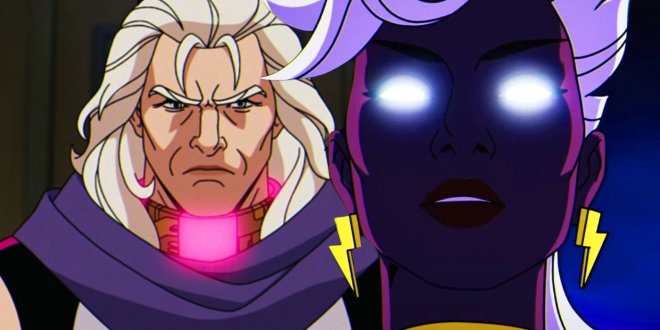 Related X-Men '97 Season 2: Characters, Story & Everything We Know X-Men "97 Season 1 is now available on Disney Plus, and here is everything we know about Season 2"s characters, story details, and more.
Related X-Men '97 Season 2: Characters, Story & Everything We Know X-Men "97 Season 1 is now available on Disney Plus, and here is everything we know about Season 2"s characters, story details, and more. X-Men '97 Reveals Gambit's Death Is Permanent Close In the opening third of the episode, Cable talks the X-Men through Bastion's history and the dark Utopian future facing them if they don't stop him. Wolverine immediately interjects to demand why Cable failed to intervene in the Genosha massacre, and the time-travelin mutant explains that Genosha was an "absolute point in time" - a concept seemingly borrowed from Doctor Who - and reminiscent of the MCU timeline's explanation of fixed points, as What If...? introduced them. No matter how many times he attempted to intervene, he was kicked out of the timeline.
Clearly, Genosha was always supposed to happen, and no amount of time traveling could fix the massacre or the death of his mother. Tragically, Cable reveals he made enough attempts to give up, adding a new darker element to his Marvel origin story. Unfortunately, that also means that all of the mutant deaths in Genosha - including Gambit - can not be undone through time travel. In other words, Gambit is dead dead.
 Related There's Only 1 Way I'll Get Over Gambit's Death X-Men "97 killed Gambit in one of the best mutant storylines ever brought to screen, and while it hurt, there is a way we can all get past it.
Related There's Only 1 Way I'll Get Over Gambit's Death X-Men "97 killed Gambit in one of the best mutant storylines ever brought to screen, and while it hurt, there is a way we can all get past it.There is, of course, the possibility that Gambit is revived through some other loophole - like returning as one of Apocalypse's Four Horsemen, which also happened in Marvel Comics when Gambit was revived in Knights of X. While X-Men: The Animated Series didn't show Gambit as part of Apocalypse's original Horsemen line-up, it's hardly unprecedented for comics storylines to be changed, and Gambit's return would obviously be very popular. X-Men '97 could still do something similar.
Key Marvel Release Dates
- Deadpool & Wolverine - July 26, 2024
- Captain America: Brave New World - February 14, 2025
- Thunderbolts* - May 5, 2025
- The Fantastic Four - July 25, 2025
- Blade - November 7, 2025
- Avengers 5 - May 1, 2026
- Avengers: Secret Wars - May 7, 2027
[圖擷取自網路,如有疑問請私訊]
|
本篇 |
不想錯過? 請追蹤FB專頁! |
| 喜歡這篇嗎?快分享吧! |
相關文章
tag_marvel









